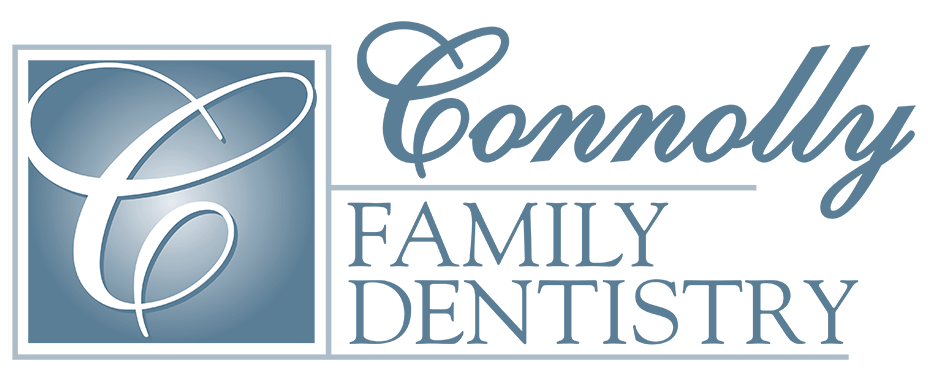GERD
Gastroesophageal Reflux Disease (GERD)
This article is courtesy of Connolly Family Dentistry
Gastroesophageal reflux disease (GERD) is the passage of gastric contents into the esophagus, a condition which affects an estimated 10% of the US population on a daily basis. The most definitive tool for diagnosing GERD is a 24-hour pH monitoring of the esophagus, while the most widely accepted criteria for diagnosis of GERD is the occurrence of heartburn two or more times per week. GERD can be the result of a faulty lower esophageal sphincter muscle, increased abdominal pressure which results in improper acid removal by esophageal muscles, or an overproduction of stomach acid.
Signs and Symptoms of GERD
Common Symptoms in Adults
- Acid taste
- Persistent cough
- Sense of lump in the throat
- Stomach ache
- Sore throat
- Hoarseness of voice
- Choking spells
- Voice change
- Excess salivating
- Gastric pain on awakening
- Halitosis
- Belching
- Heartburn
- Chronic sinus problems
Common Symptoms in Children
- Sleeplessness
- Inability to gain weight
- Feeding problems
- Irritability
- Asthma (not controlled by meds)
- Recurrent pneumonia
- Anemia
- Bronchitis
- Laryngitis
More deleterious symptoms of GERD include erosion of teeth and esophageal cancer. Dental erosion is defined as irreversible loss of dental hard tissue by a chemical process not involving bacterial action. The outer enamel surface of teeth dissolves as a result of the introduction of gastric acid into the mouth. This erosion can further be promoted by the consumption of dietary acids such as fruits/juices and soda. The loss of enamel results in the exposure of the softer, more caries prone dentin layer. Patients with advanced erosion will also experience increased sensitivity to temperature and biting, requiring extensive restorative therapy. Additional symptoms of erosion are changes in bite, formation of spaces between teeth, drifting and tipping of teeth, and loss of vertical dimension. Patients with acid erosion are encouraged to begin daily fluoride rinses and to use prescription fluoride toothpaste with A.C.P. (Amaphous Calcium Phosphates) to re-mineralize enamel surfaces and impede further erosion.
There are two types of esophageal cancer – squamous and adenocarcinoma. Squamous form is more common in African Americans and smokers/drinkers, while adenocarcinoma is more common in Caucasians and those diagnosed with GERD.
Our Commitment To Quality, Affordable Care
At Connolly Family Dentistry, we believe that access to quality dental care and treatment should not be prevented due to a lack of affordability. As fellow members of the Sewell community, we are committed to making sure that all patients that come through our office are entitled to treatment options that are as affordable as possible.
We will work to maximize your out-of-network dental benefits, though we are currently not in network with any major insurance plans. That said, many times out-of-network benefits provide benefits that are comparable, if not more beneficial than in-network coverage. Please don’t hesitate to contact our staff to learn more about your coverage and options!
Proper oral hygiene and treatment are essential components of you and your family’s overall health, and it has been widely shown that failure to maintain proper oral health can lead to more serious health conditions and related complications. As part of our commitment to serving our community, we also offer several financing options to meet the needs of every patient.
If you would like to go over the full list of options we offer, explore our Finance Options Here or ask about our pay in full savings!
We look forward to serving you and your family!

The Proof is in Our Patients

A full array of family, cosmetic, and restorative dentistry options.
Open Daily For Your Convenience!
| Monday | 8:30 AM – 7:00 PM |
| Tuesday | 7:30 AM – 5:00 PM |
| Wednesday | 8:30 AM – 7:00 PM |
| Thursday | 8:30 AM – 5:00 PM |
| Friday | 7:30 AM – 3:00 PM |
| Saturday | Closed |
| Sunday | Closed |

